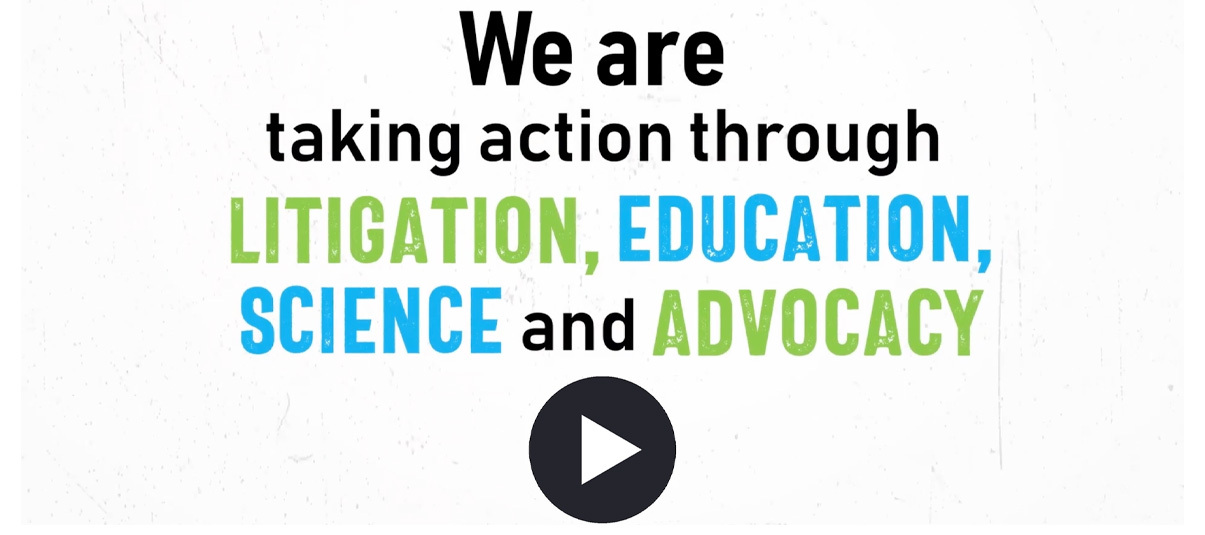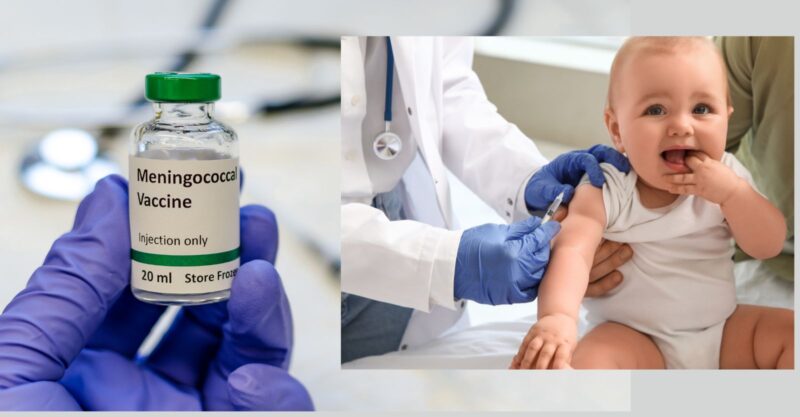Why Parents Should Think Twice About the Meningococcal Vaccine
Meningococcal Disease Is Rare
In the U.S., only 1,400–3,000 cases are reported each year among a population of over 300 million. In Canada, there are approximately 0.5 cases of Meningococcal disease per 100,000 people annually, roughly 190 cases nationwide. Most children are naturally protected. Maternal antibodies at birth and exposure to meningococcal bacteria over time allow most children to develop natural immunity.
Only a small minority with genetic vulnerabilities or immune deficiencies are at higher risk. Environmental factors like crowded living, smoking, recent respiratory infections, or chronic illness may increase risk, but close, repeated contact is usually required for transmission.
Symptoms
Meningococcal disease can present with fever, severe headache, stiff neck, nausea, vomiting, light sensitivity, confusion, fatigue, convulsions, or unconsciousness. In infants, persistent high-pitched crying or arching of the back may signal brain inflammation. Immediate medical attention is crucial, though serious cases remain extremely rare.
Vaccine Coverage and Limitations
The meningococcal vaccine covers only four strains: A, C, W, and Y. It does NOT protect against strain B, which causes more than half of cases in children under five. There is another problem: the vaccine protection wanes over time. It has been found to be, at best, only about 58% effective within two to five years, and so boosters are pushed for teens.
FDA and Health Canada Approval Raises Questions
The FDA in the U.S. recently approved Sanofi’s MenQuadfi™ meningococcal vaccine for infants as young as six weeks. Health Canada has also approved MenQuadfi for children 12 months and older. Clinical trials in the U.S. showed 5.3% of infants experienced a serious adverse event, including cardiac arrest, respiratory distress, febrile convulsions, and infections. Approval in both countries was based on comparisons with another vaccine, Menveo, not a true placebo-controlled trial, creating what Aaron Siri, Esq. called a “vaccine safety pyramid scheme.”
Adverse Events Reported
Manufacturer product inserts list irritability, abnormal crying, fever, drowsiness, fatigue, injection site pain, syncope, diarrhea, headache, joint pain, Guillain-Barré Syndrome, brain inflammation, convulsions, and facial palsy. The U.S. Vaccine Adverse Events Reporting System (VAERS) has documented over 2,000 serious health problems, hospitalizations, and injuries following meningococcal shots, including 33 deaths.
School Mandates and Pressure
Some U.S. states require the meningococcal vaccine for school or college attendance. In Canada, schools often promote the vaccine in middle school, despite the very low risk of serious disease. Exemptions are available, as no vaccines are required to attend school in Canada.
The Bottom Line
Most children are protected naturally. The meningococcal vaccine provides limited coverage, carries documented risks, and has never been tested in true placebo-controlled trials for infants. Parents should always read the inserts and carefully weigh the risks to make informed choices for their children.
Sources:
Barbara Loe Fisher, NVIC: What You Should Know About Meningococcal Disease & the Vaccine
CHD’s The Defender: FDA Approves Meningococcal Vaccine Without Placebo-Controlled Trials
*************************************************************************************************************************

